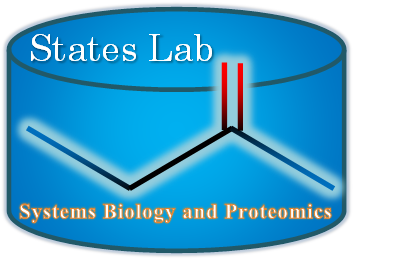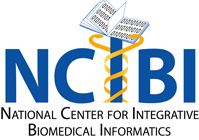Background
Macrophages and mononuclear phagocytes are ancient highly evolved components of both the innate and adaptive immune systems. These cells have roles in essential all aspects of multicellular life ranging from inflammation and defense against pathogens to wound healing, development and tissue remodeling. Macrophages have been implicated in diverse disease processes including infection, cancer, diabetes and cardiovascular disease.
Proteins are the active and functional product of most genes. To understand macrophage function, we need to know what proteins are present, how these proteins are modified and processed, and what proteins are interacting with each other. This is the goal of cellular proteomics.
Approach
We use a combination of top down and bottom up proteomics. Bottom up or shotgun proteomics is a powerful approach for protein identification in which the protein mixture is digested, the peptides are fractionated and inidividual peptides are identified by matching their tandem mass spectra with a target protein sequence database. There are several difficulties to overcome in applying this approach to analyze to complex mixtures of proteins such as the cellular proteome. To simplify the samples prior to MS/MS analysis, we fractionate the intact proteins using a 2-dimensional fractionation approach based on charge and hydrophobicity to resolve the translation products as much as possible. Then each fraction is subject to tryptic digest and tandem mass spectral analysis.
We are interested in characterizing known proteins, post translational processing products of none proteins, and the products of alternatively spliced transcripts. Deep computational analysis of the large data sets produced by mass spectrometry are a key component of our research program.
The States Group collaborates with Dr. Angel Lee and her laboratory. The Lee lab is expert in macrophage signal transduction and the regulation of macrophage production. Dr. Lee originated and is leading the study of tumor associated macrophages and myeolopoeisis.








